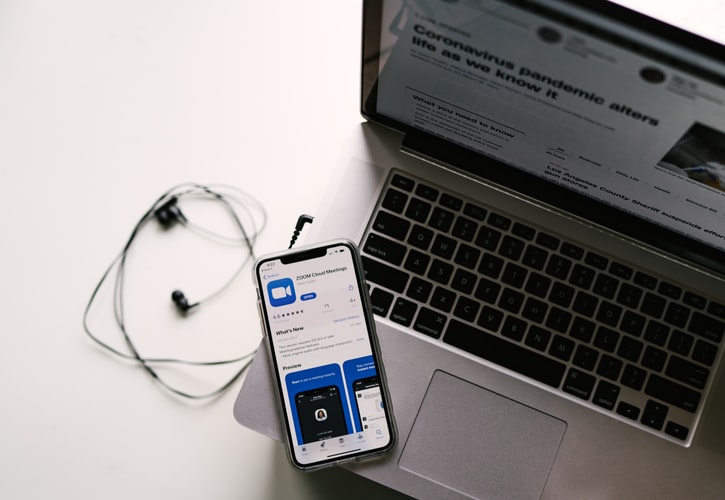
Zoom rapidly became one of the most popular video conferencing apps as it grew from 10 million daily users worldwide in December 2019 to over 200 million daily users in April 2020. This meteoric rise created an attractive target and swiftly exposed security flaws causing to Zoom to make the news in March and April 2020 regarding it’s lack of security. But what does that mean? Does it mean your data is at risk just because you downloaded the app? Does it mean that someone has your banking information because you used the app once? Intermedia Group has done the research for you.
What are the main issues with Zoom?
-
- Zoom’s default options allow anyone to crash your meeting
- Zoom wasn’t honest about what information they share.
- Zoom claims they offer end-to-end encryption.
Zoom fixed their most prominent security risks, and it offers solutions to allow most people to use the service with confidence. You can download the app knowing it can’t access information on your device carte blanche.
Here are our tips for secure Zoom conferencing:
-
- Make sure that you always have the most up to date version of Zoom installed, so that you have the most recent security fixes.
- Use of the following settings:
- Choose “generate automatically” for the Meeting ID.
- Uncheck “enable join before host” so only you can start the meeting.
- Set “participant video” to off. Participants can choose to enable their video once you let them join the meeting.
- Check “mute participants on entry.” Participants can choose to unmute once you let them join the meeting.
- Make sure only you can share your screen by clicking the arrow next to “share screen” in the host controls at the bottom of the Zoom screen, selecting “advanced sharing options”, and setting “who can share?” set to “host only”.
- The text option is not secure, so make sure no one shares files either. You can change this setting under account management, account settings, meeting, and then file transfer.
- All meetings now require a password. Do not turn this feature off.
- Don’t share the URL or Meeting ID with people you don’t want in the meeting.
- Remember that anything said, shared, or shown is not secure, so communicate any confidential information using a secure service.
- If you choose to record and save a meeting, immediately rename the file.
- Be aware that any saved transcripts include private messages between the host and any participants.
These tips will allow you to avoid becoming a victim of “Zoom-bombing” which is where an un-invited person joins your video meeting with the sole purpose of disrupting it. Repeated instances of Zoom-bombing triggered the FBI to issue an alert.
If you do need to communicate sensitive information through a video conference, we recommend that you choose a different service with end-to-end encryption. There are many options available, and we would be happy to review your requirements. Please call to speak with one of our skilled consultants, so we can help you choose the right solution.
We understand this is a lot of information and it’s an important topic. So reach out to Intermedia Group, and we’ll help you navigate your virtual meeting needs!
Pick up the phone or start a new email:
Contact us at 610-903-4100 or at pm@intermediagroup.org.












